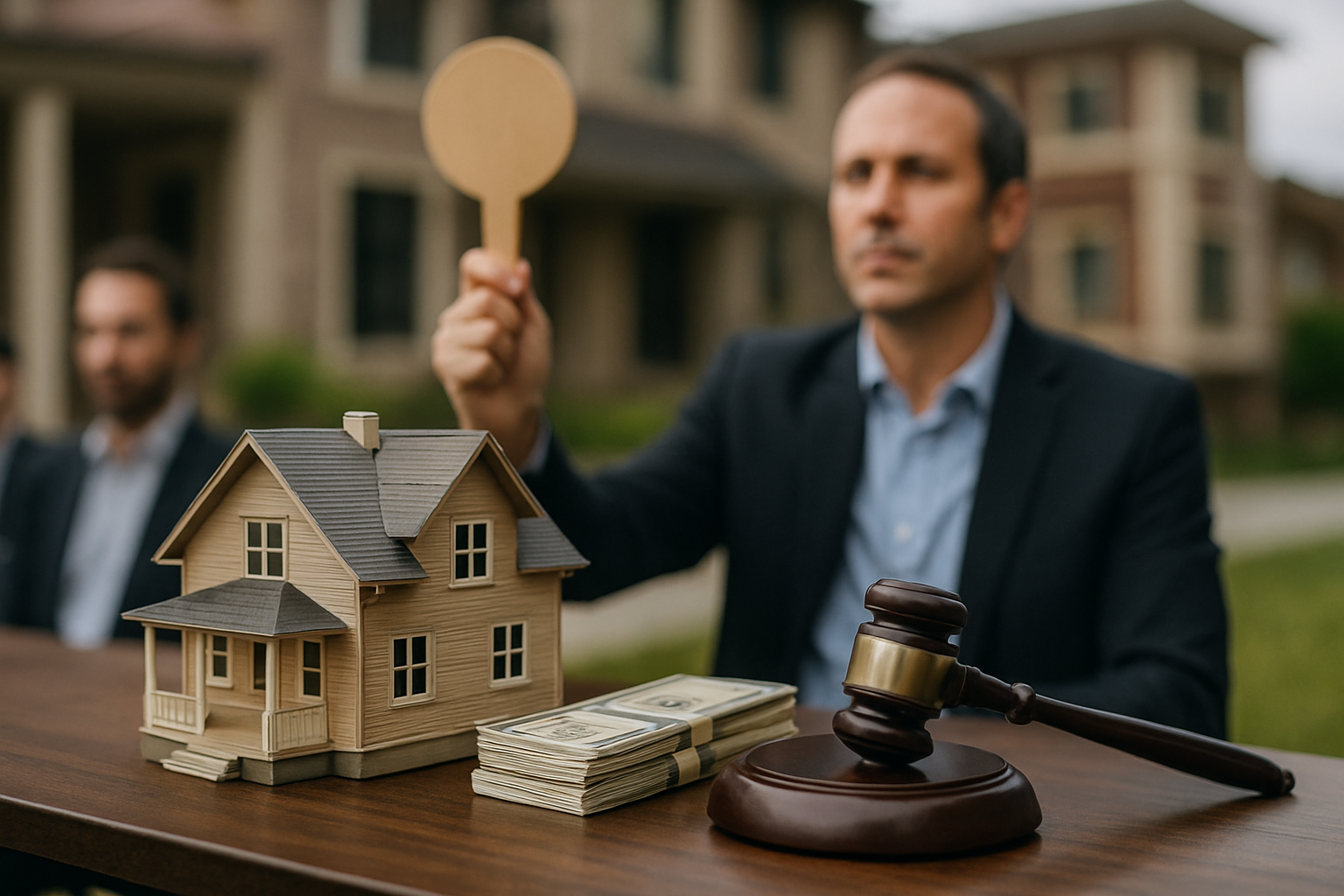Unsold Houses: Where to Find, Costs, and Benefits
In today's real estate market, unsold houses present a unique opportunity for savvy buyers. These properties, which have remained on the market for various reasons, often offer potential savings and benefits to those willing to explore this lesser-known segment of the housing market. This article delves into the world of unsold houses, exploring where to find them, their costs, and the advantages they may offer to prospective homeowners.

Where can you find unsold houses in the UK?
Finding unsold houses requires a bit of research and legwork, but several avenues can lead you to these potential bargains. Estate agents are often the first point of contact, as they have access to listings that have been on the market for extended periods. Many agents maintain a separate list of properties that have been difficult to sell, which they may share with interested buyers.
Online property portals are another valuable resource. Websites like Rightmove and Zoopla allow users to filter listings by the length of time they’ve been on the market. By focusing on properties that have been listed for several months or more, you can identify potential unsold houses.
Local auction houses are also worth exploring. Properties that have failed to sell through traditional means may end up at auction, presenting an opportunity for buyers to acquire unsold houses at potentially lower prices.
What factors contribute to houses remaining unsold?
Understanding why some houses remain unsold can help buyers identify potential opportunities and negotiate effectively. One common reason is overpricing. In a competitive market, houses priced above their market value may linger unsold for extended periods.
Location can also play a significant role. Properties in less desirable areas or those with challenging access may struggle to attract buyers. Similarly, houses requiring significant renovations or repairs may deter potential purchasers who are looking for move-in ready homes.
Market conditions and economic factors can contribute to houses remaining unsold. During economic downturns or periods of uncertainty, the real estate market may slow down, leading to an increase in unsold properties.
Are unsold houses cheaper than normal houses?
Generally, unsold houses can be cheaper than comparable properties that sell quickly, but this isn’t always the case. The longer a house remains on the market, the more likely the seller is to consider price reductions. This can result in savings for buyers who are willing to consider properties that others have overlooked.
However, it’s important to note that the initial asking price of an unsold house may not reflect its current market value. Sellers who have overpriced their properties may be reluctant to lower the price to a competitive level, even after an extended period on the market.
What are the potential benefits of buying an unsold house?
Purchasing an unsold house can offer several advantages to buyers. One of the primary benefits is the potential for cost savings. Sellers of unsold properties may be more willing to negotiate on price, especially if they’re motivated to sell quickly.
Another advantage is reduced competition from other buyers. Properties that have been on the market for an extended period may have fewer interested parties, giving buyers more leverage in negotiations and potentially more time to make decisions.
Unsold houses can also present opportunities for buyers looking for properties to renovate or improve. These homes may be priced lower due to their condition, allowing buyers to add value through upgrades and repairs.
What should you consider before purchasing an unsold house?
While unsold houses can offer attractive opportunities, it’s crucial to approach these properties with caution. Conduct thorough research to understand why the house has remained unsold. This may involve hiring a professional surveyor to assess the property’s condition and identify any potential issues.
Consider the property’s location and its potential for future appreciation. Even if you’re getting a good deal now, it’s important to think about the long-term value of your investment.
Be prepared for potentially challenging negotiations. Sellers of unsold properties may have complex reasons for their asking price, and it may take time and skill to reach a mutually agreeable deal.
What are the typical costs associated with unsold houses?
The costs of unsold houses can vary widely depending on factors such as location, condition, and market conditions. However, here’s a general overview of potential costs and savings:
| Cost Category | Typical Range | Notes |
|---|---|---|
| Purchase Price | 5-15% below market value | Varies based on seller motivation and property condition |
| Renovation Costs | £10,000 - £50,000+ | Depends on the extent of work required |
| Survey Fees | £400 - £1,500 | Essential for identifying potential issues |
| Legal Fees | £850 - £1,500 | May be higher for more complex transactions |
| Stamp Duty | Varies based on purchase price | Calculated on a sliding scale |
Prices, rates, or cost estimates mentioned in this article are based on the latest available information but may change over time. Independent research is advised before making financial decisions.
It’s important to note that while the purchase price of an unsold house may be lower, buyers should factor in potential renovation or repair costs when considering the overall investment. In some cases, the total cost of purchasing and upgrading an unsold house may be comparable to buying a property in better condition.
In conclusion, unsold houses represent a unique segment of the real estate market that can offer opportunities for savvy buyers. By understanding where to find these properties, what factors contribute to their unsold status, and the potential benefits and costs associated with them, prospective homeowners can make informed decisions about whether an unsold house is the right choice for their needs and budget.




